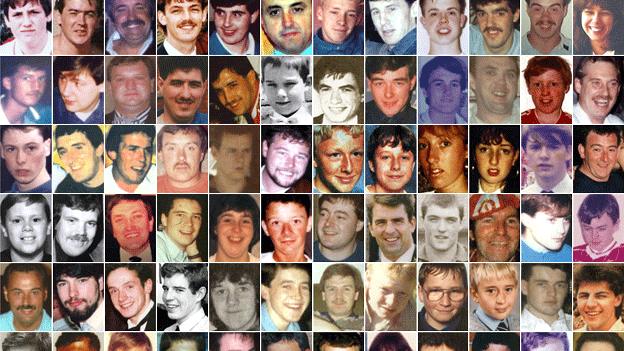Hillsborough: PC 'urged' to change Kevin Williams statement
- Published
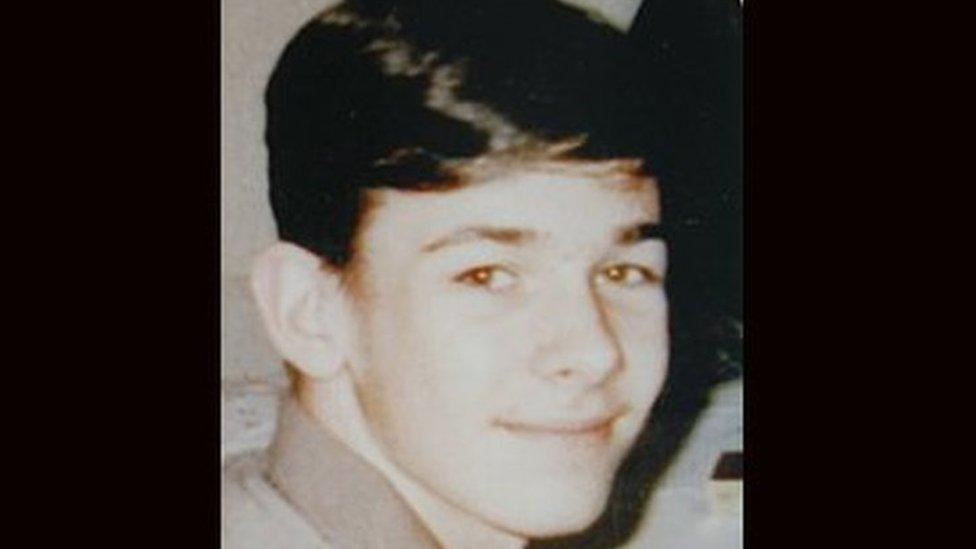
Kevin Williams, 15, travelled to the match with three friends
An off-duty former police officer who "felt a pulse" while helping a dying boy at Hillsborough said West Midlands Police made a "deliberate attempt" to make him change his statement.
Derek Bruder was giving evidence as the inquests focused on the final movements of 15-year-old Kevin Williams.
He said he made his first statement shortly after the 1989 disaster and was visited by police the following year.
While the meeting left him "confused", he agreed to make changes.
The officer concerned, former Insp Matthew Sawers, denied asking Mr Bruder to change the sense of his statement.
Mr Bruder told the inquests into the 96 deaths at the FA Cup semi-final between Liverpool and Nottingham Forest on 15 April 1989 that he was visited by an inspector from West Midlands Police, who were supplying evidence to the first inquests.
He said Insp Sawers spent six hours with him. When the officer went to the bathroom, Mr Bruder said he looked through some of his notes.
He said he found a sheet of paper divided lengthways in two, with handwritten notes on it.
On one side it said "first statement" and on the other side it said "change to", Mr Bruder said.
During the meeting he said he was asked to speak over the phone to a pathologist from the coroner's office.
'Medical superiority'
Mr Bruder, who was 22 at the time of the disaster, said he conceded "to the doctor's medical superiority" when it was suggested Kevin could not have been alive when Mr Bruder tried to revive him.
He agreed to make changes to his original statement.
Among them he accepted he may have been mistaken to say he had felt "a faint pulse" while trying to save Kevin.
Mr Bruder told the jury he was 100% confident he had felt a pulse and had seen the teenager move while lying on the pitch.
The court heard he wrote to the Independent Police Complaints Commission in 2012 to say West Midlands Police had made a "deliberate attempt" to make him change his statement.
He told the inquests he stood by that view and the inspector who visited him had not been honest with him.
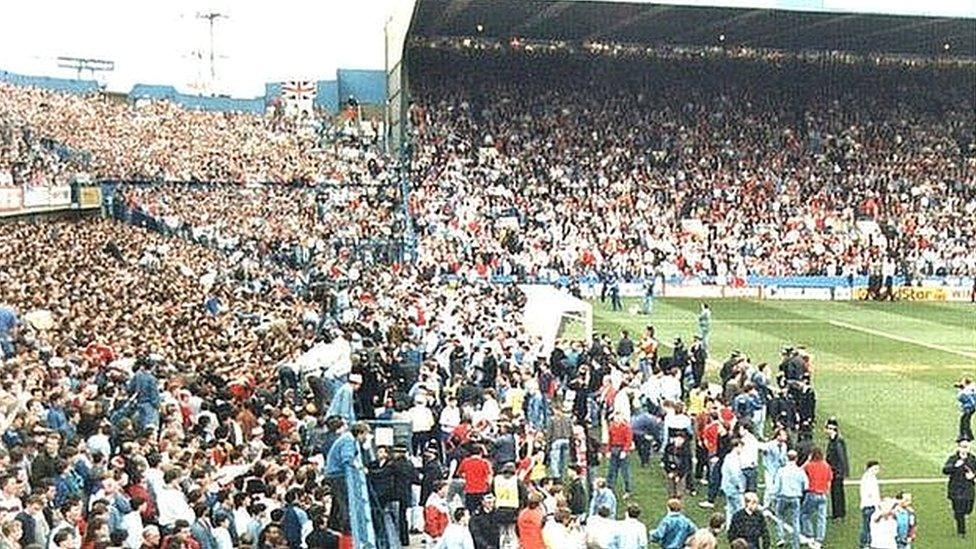
Ninety-six fans died following crushing at the Leppings Lane end of Hillsborough stadium on 15 April 1989
Earlier Mr Bruder told the inquests that, along with a St John Ambulance volunteer medic who gave heart massage, he had tried to resuscitate Kevin.
He said he was "absolutely 100% confident" he felt a pulse in the teenager's neck, adding: "It was not something that would appear to me to be absolutely healthy, beating vibrantly, but there was definitely a pulse."
Asked whether he saw any signs of life while giving CPR, Mr Bruder said: "Well, to me he was alive. There was a faint pulse."
The jury also heard from two Liverpool fans who tried to help Kevin while Mr Bruder was with him.
One of them, Stephen Rankin, said Kevin did not show any signs of life.
Mr Bruder said a female St John Ambulance medic eventually joined the group, and took over the CPR.
After trying to resuscitate him she said Kevin had died.
'Determined effort'
Mr Sawers, who was formerly in charge of coronial inquiries for West Midlands Police, told the inquests he had been asked by the original coroner, Dr Stefan Popper, to visit Mr Bruder to get further explanation and detail around evidence, including the convulsions and pulse.
He was to give a summary of the further statement to the inquests the following day, but denied he had applied pressure on Mr Bruder or had attended with the intention of changing his statement.
Mr Sawers said: "I did not cause him to change the sense of the statement. What I did was to go through the details and to elicit more detail and explanation.
"Everything that I did in my encounter with PC Bruder was done with integrity and with the best of intentions. It wasn't something that I had any personal stake in."
But Pete Weatherby, representing Kevin's family, suggested there had been "a determined effort" to change his statement which was "inconvenient to the investigation".
Mr Weatherby said that "it was very inconvenient that here was a serving police officer giving evidence of vital signs in a casualty that died".
He suggested that as a result of the meeting, Mr Sawers came away with a second statement that "loosened up" evidence about Kevin's vital signs.
The inquests, sitting in Warrington, Cheshire, are due to resume on Monday.

Who were the 96 victims?
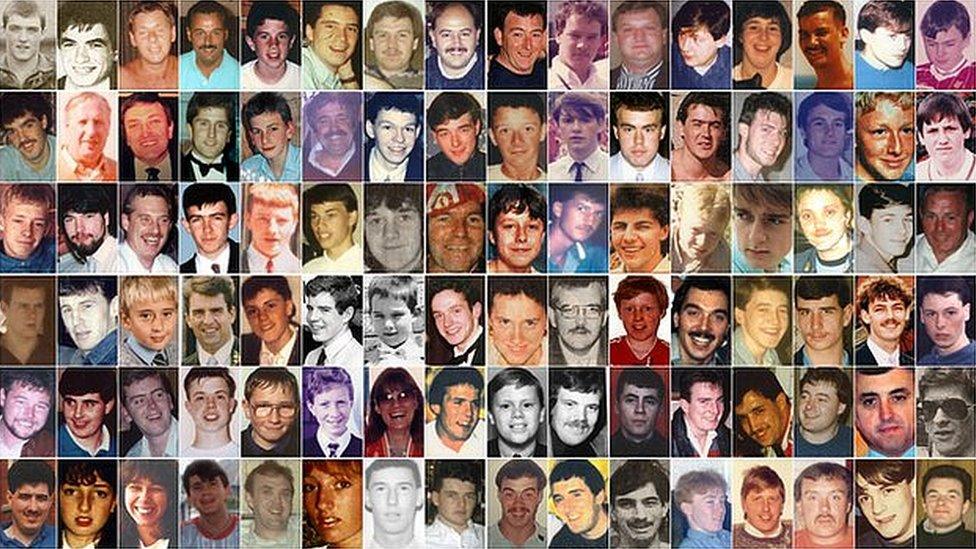
BBC News: Profiles of all those who died

- Published1 October 2015
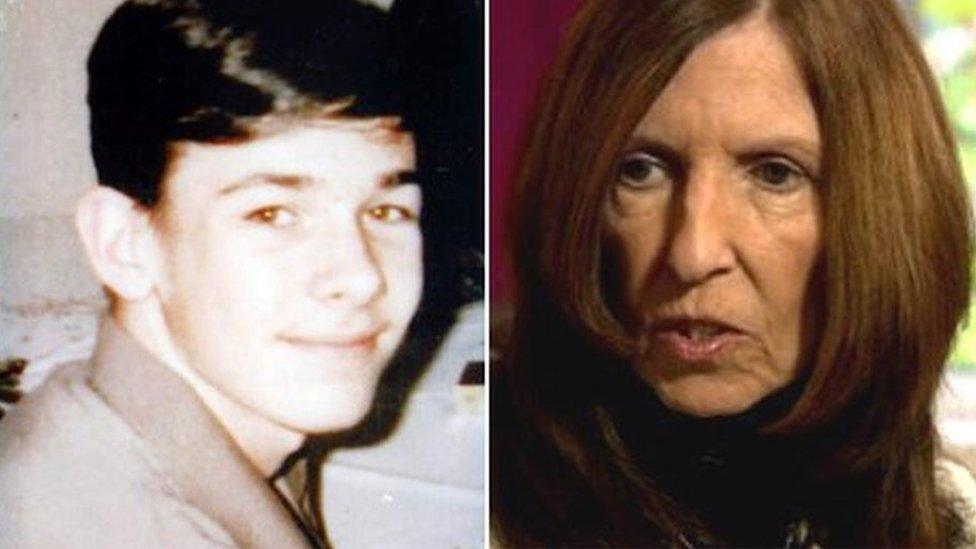
- Published1 October 2015
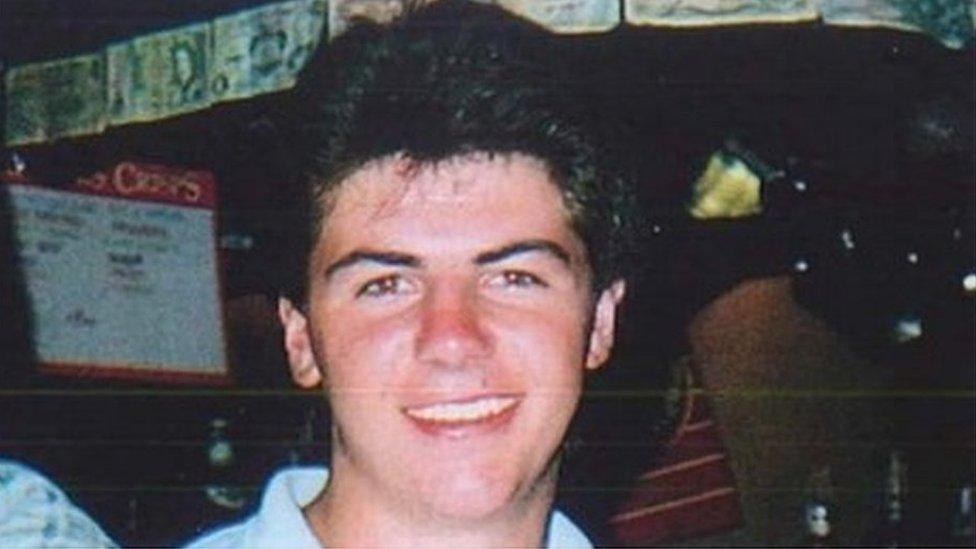
- Published30 September 2015
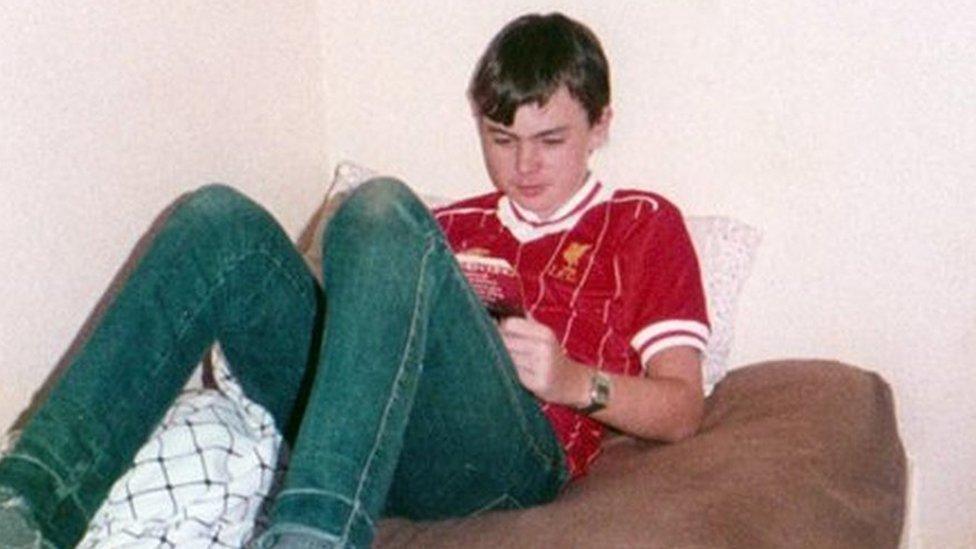
- Published9 September 2015
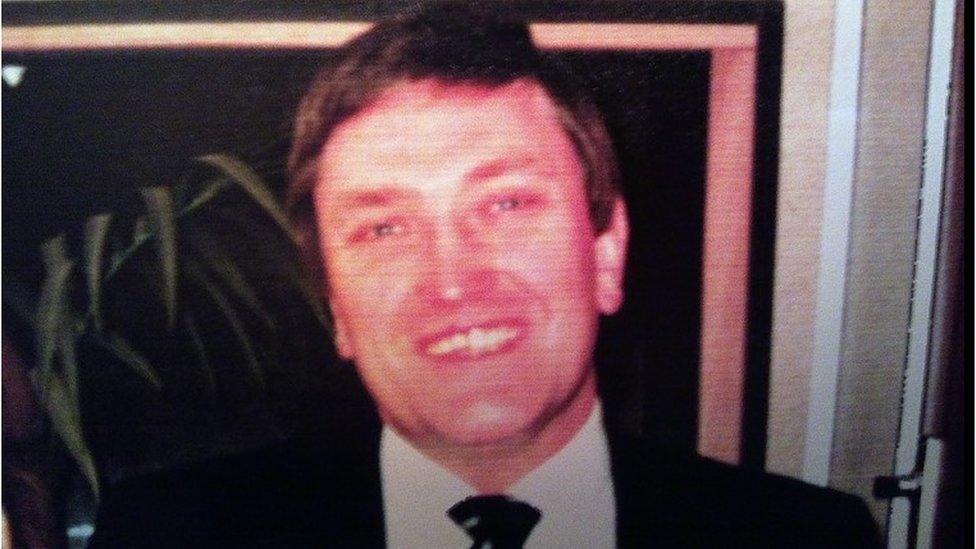
- Published7 September 2015
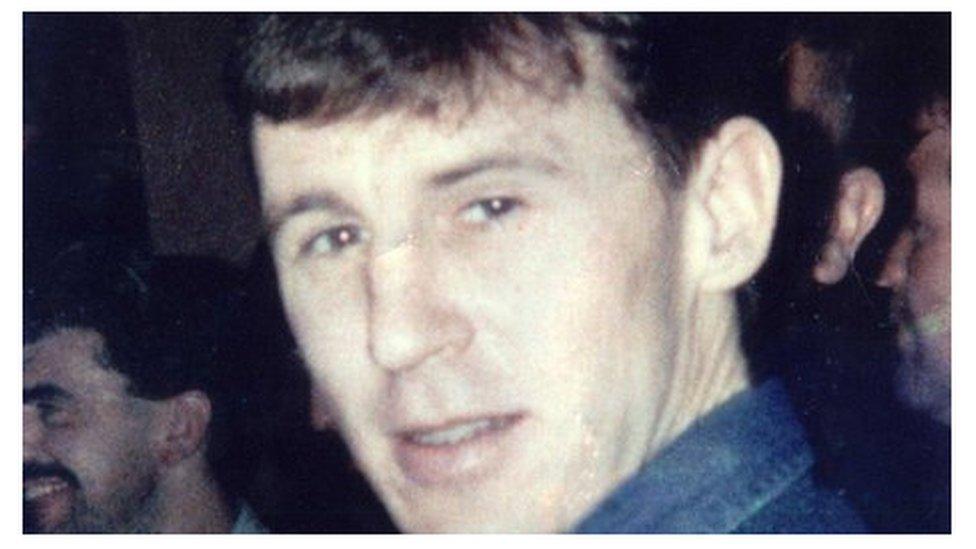
- Published26 April 2016
